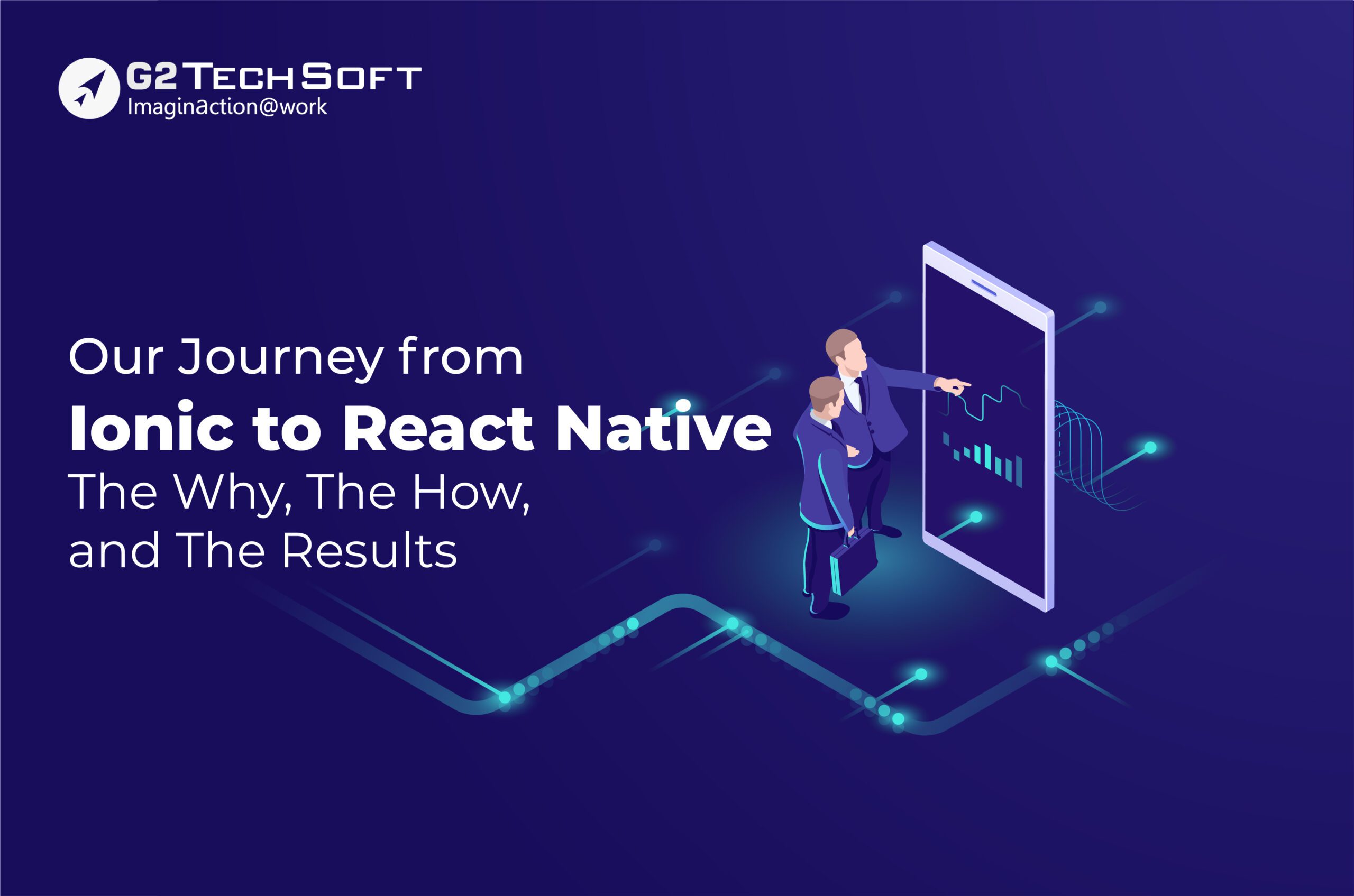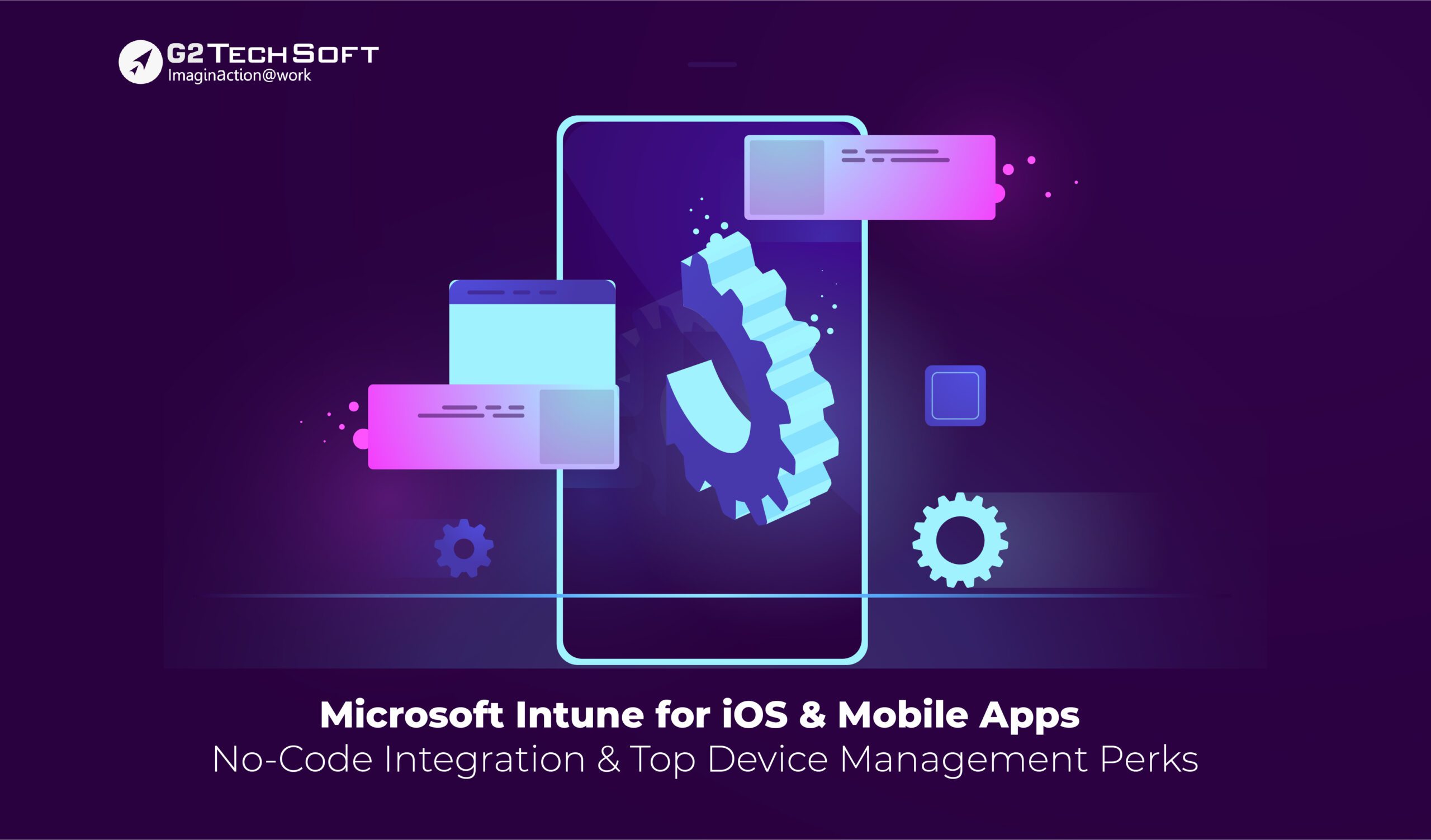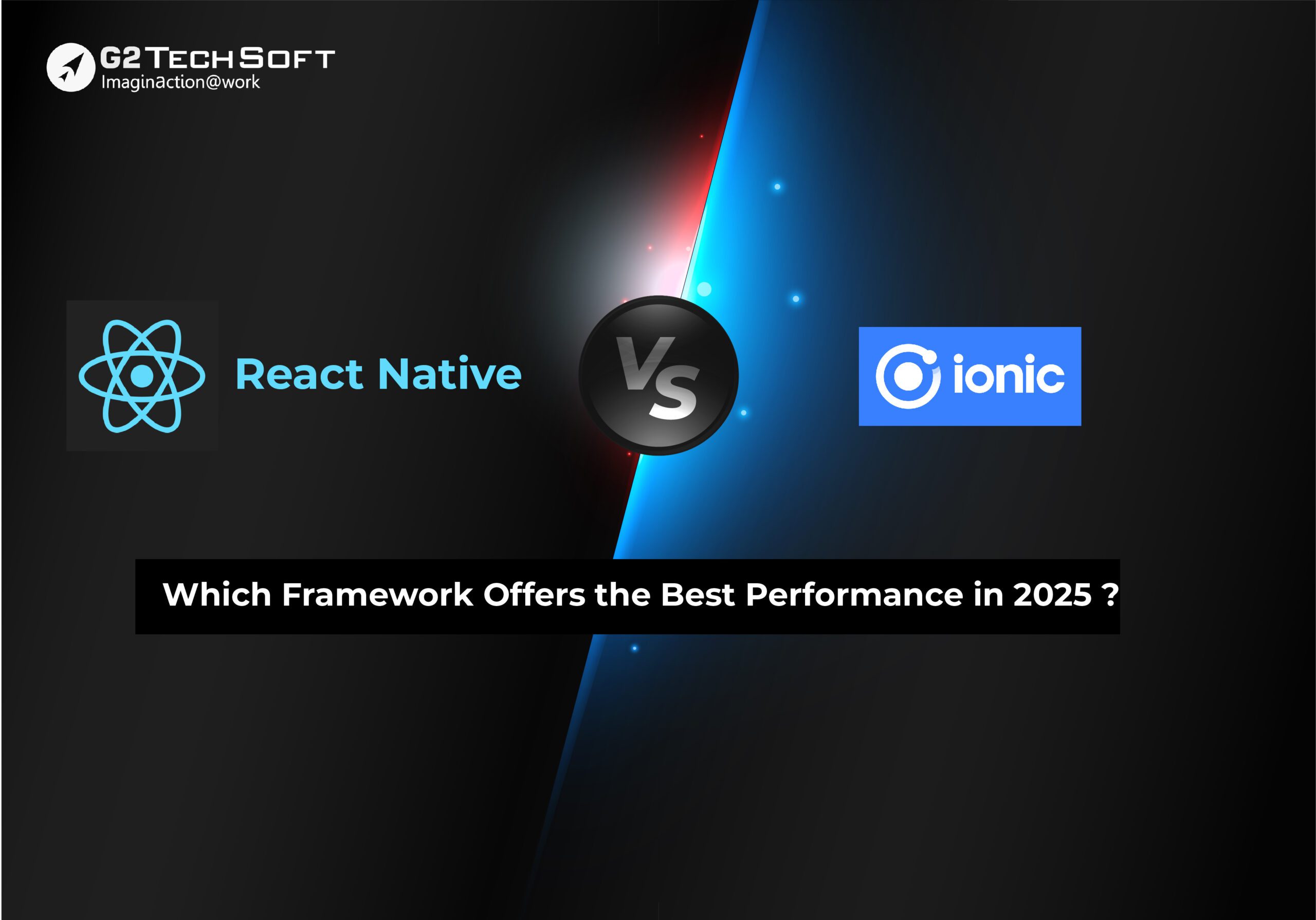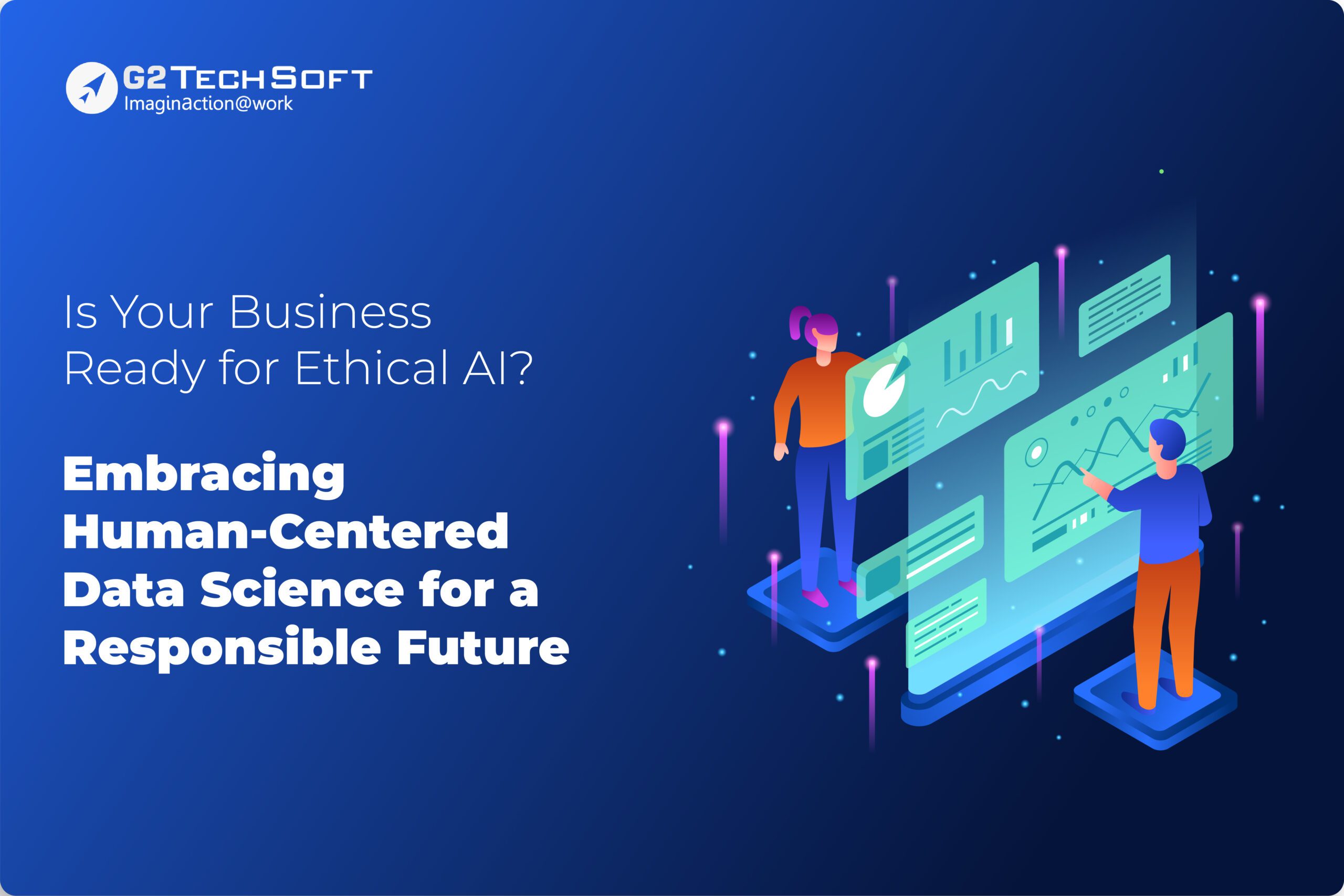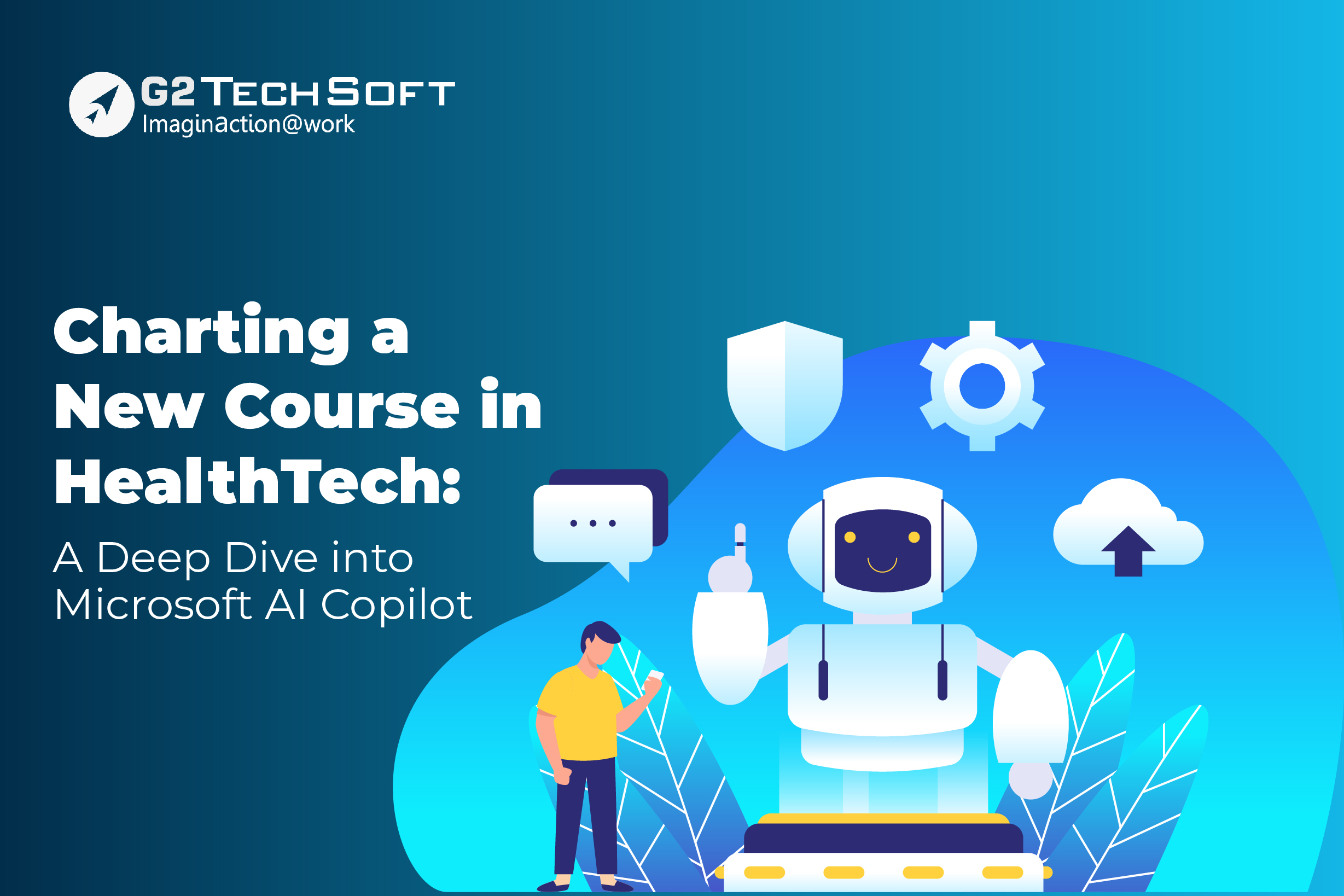
Charting A New Course In HealthTech: A Deep Dive Into Microsoft AI Copilot
Healthcare professionals in 2024 are experiencing a revolutionary shift with the introduction of AI. According to Insider Intelligence, AI in the healthcare sector is anticipated to exhibit an annualized growth rate of 48% from 2017 to 2023, reaching $20.65 billion in 2023 and a substantial $187.95 billion by 2030. The integration of AI in the healthcare industry holds significant promise for transforming patient care, streamlining administrative processes, and enhancing decision-making.
A groundbreaking development in this realm is Microsoft 365’s Copilot, which has the potential to reshape work dynamics by collaborating with healthcare professionals (HCPs). This innovative tool empowers HCPs to focus more on devising treatment plans and less on administrative tasks.
This article delves into the applications of AI in healthcare, particularly its integration into the Microsoft cloud for healthcare.
Diverse Functionality Demonstrations About Microsoft AI Copilot:
Microsoft possesses a noteworthy tool in its arsenal: an AI companion known as Copilot. Envision a situation where a general practitioner encounters a challenging diagnosis. By utilizing Copilot, they can navigate through the latest medical literature and research, equipping them to deliver a well-informed and timely diagnosis. The true magic, however, lies in the diverse applications that Copilot unfolds.
Rapid Literature Review For Diagnosis:
Imagine a scenario where a specialist is summoned to advise on a rare condition. Microsoft AI Copilot can serve as an indispensable companion, furnishing the latest research findings, treatment protocols, and relevant case studies. It ensures that the entire healthcare team is aligned.
This practical application of AI in health technology illustrates how Copilot supports interdisciplinary collaboration, fostering a more informed and cohesive approach to patient care.
Multidisciplinary Collaboration For Treatment Planning:
Microsoft AI Copilot facilitates multidisciplinary collaboration. Suppose a cancer patient’s case requires input from oncologists, radiologists, and geneticists. The tool acts as a virtual meeting ground, enabling specialists to share insights, discuss treatment options, and collectively devise a personalized treatment plan. The outcome is not just efficient collaboration but a comprehensive and patient-centric healthcare approach.
Collaboration is the lifeblood of healthcare innovation, and Microsoft AI Copilot takes it to unprecedented heights. In a health tech organization embarking on a complex project, Copilot proved invaluable. It adeptly detected the perfect contacts within the firm, streamlining communication channels and supporting efficient collaboration.
Streamlining Regulatory Documentation:
In the regulatory landscape of health technology, adherence to compliance standards is paramount. Microsoft AI Copilot plays a crucial role by streamlining the creation of regulatory documentation. For instance, when developing a new medical device, Copilot assists in generating comprehensive documentation aligned with regulatory requirements. This not only saves time but also ensures compliance from the outset of the development process.
Looking into the future, Microsoft AI Copilot catalyzes a paradigm shift in decision-making processes within the healthcare sector. AI in HealthTech empowers healthcare professionals to swiftly access relevant information, streamline communication, and enhance collaboration within a secure and compliant environment.
Generative AI is a critical tool in developing personalized medicine solutions. Imagine a health tech company aiming to revolutionize cancer treatment. Microsoft AI Copilot steps in as a valuable asset, expediting the research process and ensuring healthcare providers have the latest and most relevant information for critical decisions about patient care.
Personalized Medicine Initiatives:
Generative AI has a pivotal role in customized medicine. Consider a health technology company focused on developing tailored treatment plans based on individual patient characteristics. Microsoft AI Copilot, with its capacity to understand and generate insights from complex data, emerges as an essential tool. It aids in analyzing diverse datasets, including genetic information, treatment histories, and patient responses, ensuring healthcare providers have a comprehensive understanding of each patient’s unique healthcare needs.
This future vision aligns seamlessly with our commitment to pushing the boundaries of innovation in health technology. Health disparities pose a significant challenge in the healthcare landscape. Fortunately, AI in health technology, specifically generative AI tools, offers a unique opportunity to address these disparities. In rural areas with limited access to specialized medical expertise, a Microsoft AI Copilot-enabled telehealth system could connect local healthcare providers with remote specialists, bridging the gap in healthcare access.
Bridging Gaps In Telehealth:
Imagine a case where a remote clinic in an underserved rural location lacks specialized expertise. Microsoft AI Copilot, integrated into a telehealth system, will permit local healthcare providers to deal with specialists remotely. It helps with diagnostics and treatment recommendations, ensuring patients in remote locations get the best possible care.
This application of Copilot will lead to the reduction of healthcare disparities by leveraging technology to connect healthcare practitioners and boost access to quality care.
AI In Healthcare: Innovations And Applications Shaping The Future Of The Industry
The integration of AI into healthcare operations is seamlessly facilitated by Microsoft Cloud for Healthcare. This comprehensive solution encompasses the use of Power BI, an all-in-one business intelligence tool, empowering healthcare professionals (HCPs) to visually analyze patient data for predictive insights.
Diagnosis And Treatment Advancements Through AI:
AI, particularly through machine learning algorithms, has shown promising results in forecasting treatment plans and outcomes based on patient characteristics and contextual data. Deep learning algorithms are increasingly utilized in radiology to enhance tumor identification and improve the precision of image analysis. However, challenges persist in integrating AI into clinical operations and Electronic Health Record (EHR) systems, necessitating regulatory permissions, standardization, and compatibility with existing systems.
Elevating Patient Engagement And Adherence:
The potential of AI to enhance patient engagement and adherence is highlighted in this section. AI can influence patient behavior, personalize care, and deliver targeted interventions. Machine learning and business rule engines facilitate nuanced interventions along the care continuum by providing timely notifications and relevant patient content. AI systems, by analyzing patient data and comparing it to successful treatment pathways, offer personalized recommendations to patients, medical professionals, and care coordinators.
Streamlining Administrative Procedures With AI:
Tasks such as medical record maintenance, revenue cycle management, and claim processing can be automated through robotic process automation (RPA). Initiating with Dynamics 365 Finance and Operations, this section emphasizes taking control of operations and finances. Additionally, NLP-enabled chatbots are discussed for managing patient interactions and supporting mental health and wellness. Machine learning techniques are highlighted for their role in reducing administrative workload and enhancing claim accuracy by probabilistically matching data across databases.
Addressing The Top 5 Challenges Of AI Implementation In Healthcare:
1. Addressing Healthcare Workflow Integration Challenges With AI:
The incorporation of AI into existing healthcare workflows and electronic health record (EHR) systems poses challenges that need resolution. Explore how D 365 customization can facilitate seamless integration with EHR, providing a comprehensive view of a patient’s case history.
2. Overcoming Limited Data Availability In AI Training:
The effectiveness of AI systems relies on extensive and labeled datasets, yet the scarcity of aggregated sources for medical images and healthcare data poses a hurdle. Delve into how the healthcare industry can address the issue of limited data availability when training AI systems.
3. Enhancing Transparency And Interpretability In AI Algorithms:
Deep learning algorithms often lack transparency, making it challenging to comprehend the rationale behind AI-generated diagnoses or treatment recommendations. Discover strategies to improve transparency and interpretability in AI algorithms for more effective integration into healthcare practices.
4. Navigating Ethics Concerns In AI-Driven Healthcare:
The utilization of AI in healthcare raises ethical concerns related to accountability, patient privacy, algorithmic bias, and its potential impact on the doctor-patient relationship. Explore how the Azure cloud offers a secure environment, preventing breaches of sensitive data and ensuring accessibility across various platforms while upholding stringent security standards.
5. Balancing Implementation Costs And Cost Reduction Benefits In AI Healthcare:
The implementation of AI in healthcare comes with substantial costs, encompassing infrastructure, staffing, and maintenance expenses. Examine the significant aspects of how AI can contribute to cost reduction in healthcare by assessing business metrics and return on investment. Understand the delicate balance between the initial investment and the long-term financial benefits of AI implementation in the healthcare sector.
Key Takeaways:
AI’s significance in healthcare firms extends to improved patient interaction, enhanced diagnostics, and more effective treatment of ailments. The utilization of AI technology in healthcare holds immense potential for enhancing patient outcomes and revolutionizing healthcare delivery, despite facing challenges and ethical considerations. To optimize benefits and mitigate risks associated with technological advancements, it is crucial to prioritize responsible and ethical AI use in healthcare.
Choose G2 TechSoft To Perfectly Secure Your Cloud:
Opt for G2 TechSoft to ensure robust security measures for your cloud infrastructure. G2 TechSoft stands out as a reliable choice to safeguard your cloud environment, offering comprehensive solutions to fortify and protect your digital assets stored in the cloud.
